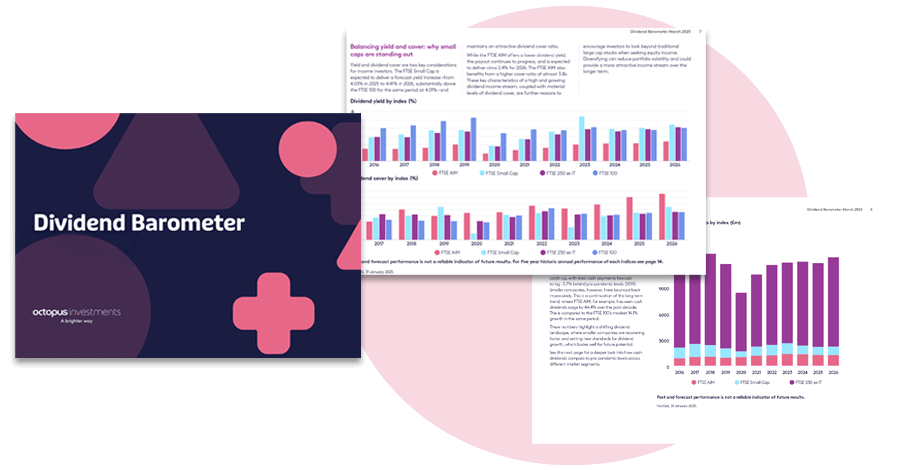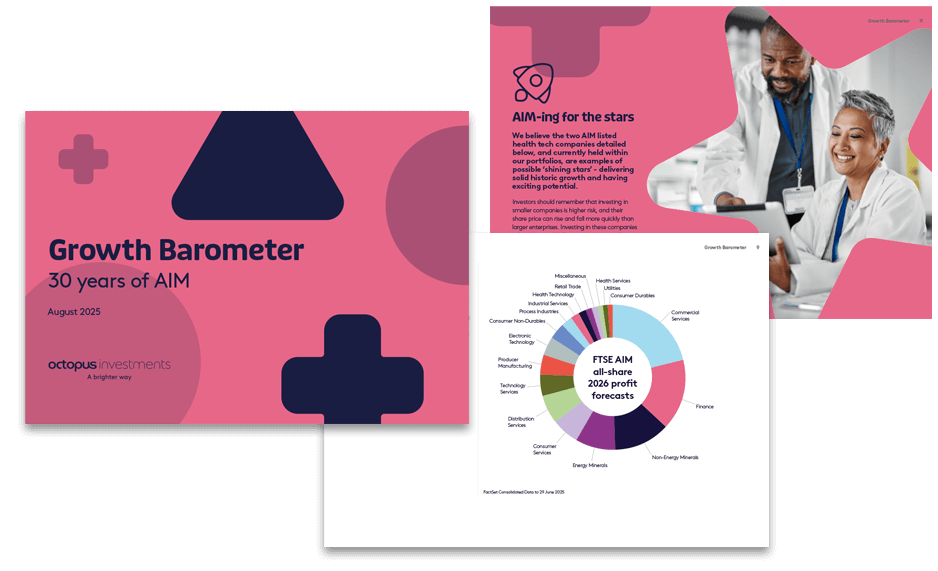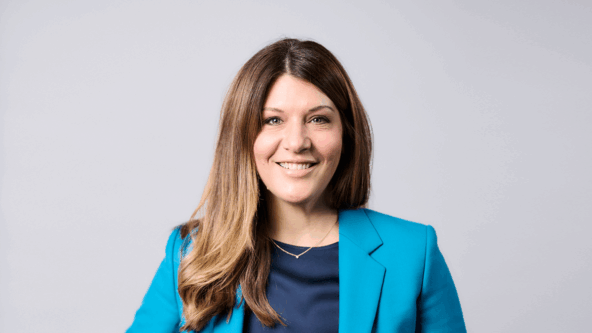Even if you aren’t trying to take on new clients, retention and the strength of your brand are important to any advice business.
It has become more critical to win and retain high value clients, where you can have a significant impact and charge accordingly.
Research conducted by Schroders in October and November 20231 revealed 44% of advisers are feeling downward pressure on their advice charges, with the introduction of Consumer Duty causing advisers to focus even more on delivering fair value to clients.
In this environment, client retention and acquisition have grown in importance for advisers looking for growth and a robust business.
But in the same research from Schroders, the most cited business challenge after regulation was finding new clients. So how do you win clients and grow your brand?
There’s no silver bullet, but what we do know is that advising on specialist tax-efficient investments such as Business Relief (BR), Venture Capital Trusts (VCT) and Enterprise Investment Schemes (EIS) can help your case.
Here’s why having these investments in your toolkit for suitable clients can have a positive impact on your business.
Be perceived as a specialist
Advising on specialist tax investments can help to improve the profile of an advice business. These are high risk investments with unique tax benefits, requiring increased research and due diligence – not necessarily your everyday advice.
Just by advising on this area of the market, it reflects on your skill, experience, and expertise as an adviser. In some cases, we hear of advisers gaining new clients because of it. It’s not unusual for a prospective client to approach an adviser because they haven’t been offered these opportunities in the past.
There’s also an impact on retention. Being set up to recommend specialist tax-efficient investments when you have a suitable client can help prevent you losing clients to wealth managers that do advise on tax-efficient investments. If you’re not talking to clients about these solutions, there’s a good chance somebody else will.
At the same time, these investments also add value to client annual reviews. The client can see you’re continuing to try to create opportunities and help them.
Unlock referral opportunities with professional connections
By being viewed as a specialist, you can also open doors with solicitors, lawyers, and accountants. BR, VCTs and EIS can often be new to professionals outside of financial advice. For this reason, they can help you to forge strong professional connections.
BR, VCT and EIS cases can often involve clients with complex tax and financial needs, so those cases can naturally lead to a multi-discipline approach and help to establish a reciprocal client referral process with other professionals.
On the one hand, those connections can refer clients to you to achieve better outcomes. On the other hand, your own clients can be referred to those connections to achieve better outcomes.
Retain assets and acquire clients through intergenerational planning
Business Relief (BR), a longstanding relief from inheritance tax, has an important role to play in helping some clients take their first steps with inheritance tax planning.
Many advisers have clients who are reluctant to give up access and control of their capital as part of their estate planning.
On these occasions, BR can be a useful tool to move the discussion forward. BR-qualifying investments stay in the client’s name, meaning they can request to sell down some or all of their investment should they need to in the future (subject to liquidity).
Even if a client doesn’t ultimately choose to make a BR-qualifying investment, hearing that estate planning doesn’t necessarily mean losing control of their wealth can help them move forward with their planning.
Once conversations are being had, this opens opportunities for effective intergenerational planning. A discussion about inheritance tax-efficient investments could turn into a great opportunity to engage with a client’s beneficiaries.
This gives you the chance to form longer lasting relationships with families, leading to the retention of assets under advice when a client passes away.
Advising on VCTs and EIS can support your intergenerational planning strategy too. Being confident in advising on a broader suite of tax-efficient investments equips you to attract, retain, and deliver good outcomes for clients of different ages, needs, and objectives across multiple generations.
Understanding the risks
- Advisers have to make sure any recommendation of these products is relevant and suitable for the client in question.
- The client needs to understand that invested capital is placed at risk in a high-risk asset class and they may not get their money back.
- The investment will be subject to more volatility risk and may prove difficult to sell when the time arises.
- The tax benefits depend on the investor’s individual circumstances, and on the investment maintaining its qualifying status.
- Associated tax rules could also change in the future.
Next steps
To find out more about how BR, VCT and EIS investments could help you grow your business, you can visit our client scenarios page. Here you’ll find a range of client planning scenarios and also a series of interviews with financial advisers on how they use tax-efficient investments to deliver good client outcomes.
12023 UK Financial Adviser Survey, Schroders, 2023










